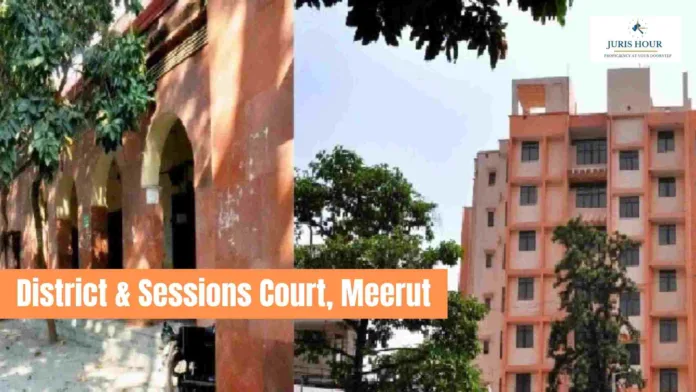A Special Chief Judicial Magistrate court in Greater Noida has remanded one Vineet Kumar to judicial custody till September 12, 2025, in connection with a case of large-scale tax evasion and fraudulent availment of Input Tax Credit (ITC) under the Central Goods and Services Tax (CGST) Act, 2017.
The case, registered as Case No. 40/2025, invokes multiple provisions of Section 132 of the CGST Act — including 132(1)(d), 132(1)(e), 132(1)(f), 132(1)(l), and 132(1)(i) — dealing with fraudulent transactions, false invoicing, and wrongful ITC claims.
Fraudulent ITC and Bogus Transactions
According to the submissions made before the court, the accused and his associates engaged in large-scale manipulation of invoices, availing and passing on fraudulent ITC worth over ₹7 crore.
Investigations revealed that fake invoices were generated without actual movement of goods. Evidence, including statements of witnesses, email trails, delivery challans, and photographs, indicated that several companies and directors were involved in issuing bogus purchase and supply records.
A key finding was that the accused allegedly imported electronic goods at a significantly lower cost but sold them on paper at inflated prices to claim wrongful ITC. For example, goods procured at ₹18,000 per piece were billed at ₹42,000 per piece, with GST added at inflated values.
Defense Plea and Court’s Observations
The defense argued that:
- No show cause notice was issued before arrest.
- The accused had no criminal antecedents.
- Arrest was made without sufficient evidence under Section 41 CrPC, making it arbitrary.
- The accused was merely an employee and not the beneficiary of the alleged fraud.
The defense relied on several Supreme Court and High Court precedents to argue that arrest under GST law without prior notice and credible evidence is unjustified.
However, the prosecution countered that the accused had an active role in creating and operating bogus firms, issuing fake invoices, and causing significant loss to the exchequer. They submitted appointment letters, photographs, and company records to establish his involvement.
After hearing both sides, the Special CJM concluded that prima facie evidence suggested the accused’s direct role in orchestrating the tax fraud, which caused substantial revenue loss to the government.
The court observed that wrongful ITC claims are serious economic offences impacting public revenue and require strict action. Considering the gravity of the charges, the court rejected the plea for release and remanded the accused to judicial custody till September 12, 2025, in Meerut District Jail.
The court also directed prison authorities to produce the accused on the next date through video conferencing.
Read More: Delhi HC Suspends District Judge Over Alleged Pressure on Lawyer to Withdraw Rape Case

